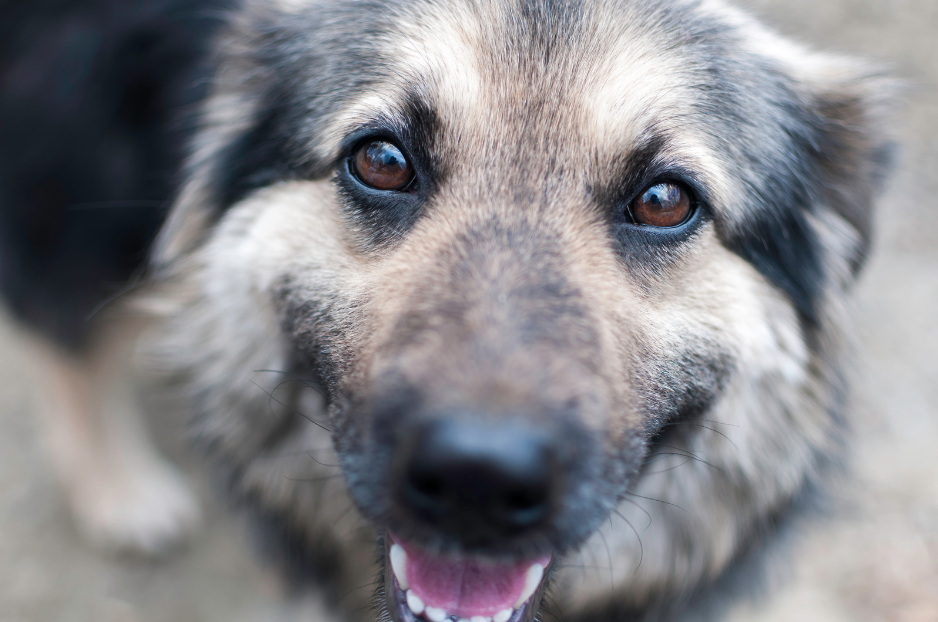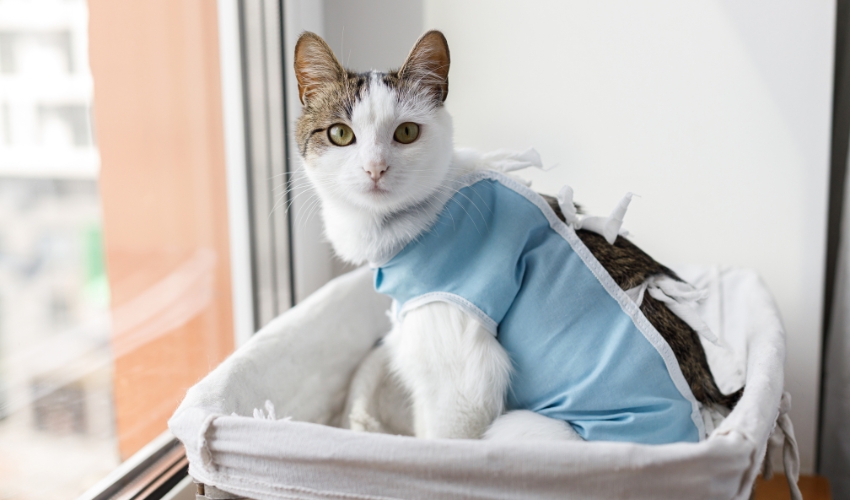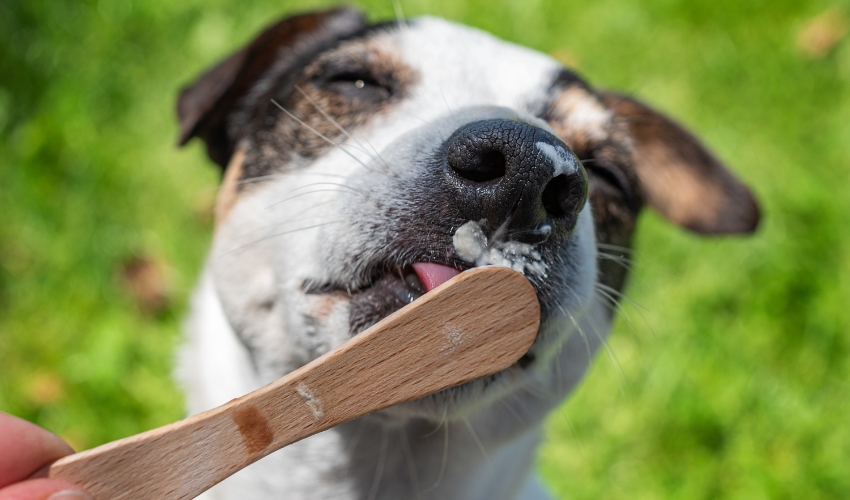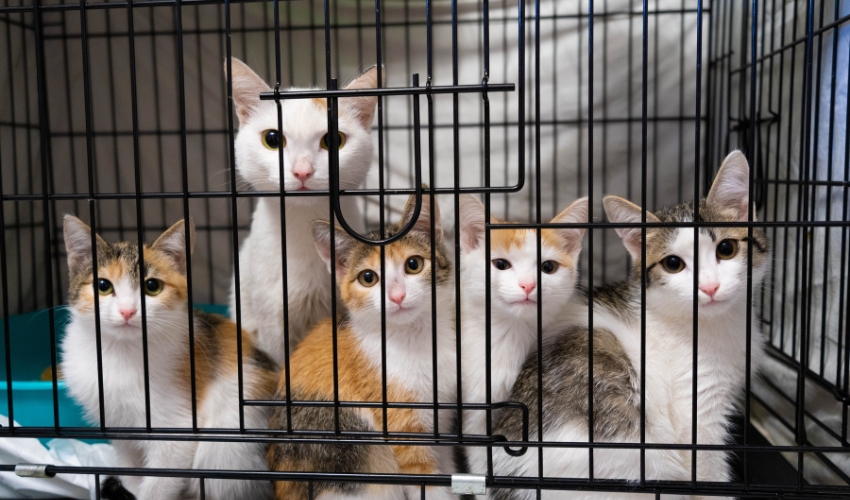Can dogs get hiccups? Yes, much like humans do, dogs can also get hiccups. However, hiccups in dogs are usually harmless and don’t require any medical attention. In most cases, dog hiccups will go away in minutes. In rare cases, persistent hiccups in dogs may indicate an underlying health issue. In this blog post, we’ll explore what causes hiccups in dogs, how to prevent them, and what to do if your dog experiences frequent hiccups.
What Causes Hiccups in Dogs?
Hiccups in dogs are caused by involuntary contractions of the diaphragm, a muscle between the chest and abdomen. These contractions cause the vocal cords to close, producing the “hic” sound we hear. Hiccups can be triggered by several factors, including excitement, stress, eating or drinking too quickly, or swallowing air while eating.
In some cases, hiccups in dogs may also be a side effect of medication or an underlying medical condition, such as gastrointestinal problems, respiratory issues, or neurological disorders. If your dog experiences persistent hiccups, it’s crucial to consult with a veterinarian to rule out any underlying health issues. Additionally, seeking veterinary attention is essential if your dog is experiencing hiccups and other symptoms. Ignoring these symptoms could lead to serious health issues for your furry friend.
Hiccups Are More Common In Puppies
Hiccups are more common in puppies because their diaphragms and other muscles involved in breathing are still developing and may be more prone to involuntary contractions. However, as puppies grow and their muscles develop, they will likely experience hiccups less frequently.
Do Hiccups Hurt Your Dog?
Hiccups may cause worry, especially for new pet owners. However, when your dog has hiccups, there is usually no need to worry. The hiccups may be uncomfortable and distracting for your dog, but it’s not hurting them.
What to Do When Your Dog Has Hiccups?
When your dog has hiccups, it’s best to let them run its course. It’s important not to panic as this could cause further stress for your dog. Instead, try to keep your dog calm and relaxed until the hiccups pass. More so, here are some simple ways to help your dog get rid of hiccups:
- Give them water.
Offering your dog a small amount of water can help soothe its throat and potentially eliminate hiccups. But don’t force it to them. Instead, make sure the water is easily accessible and let your dog drink it at their own pace.
- Give gentle tummy rub or massage.
A gentle tummy rub or massage can also help your dog relax and alleviate any discomfort caused by hiccups. However, if your dog resists or is uncomfortable lying on their back, it’s best not to force the massage and let them ride out the hiccups naturally.
How To Prevent Hiccups
While hiccups in dogs are typically harmless, there are some things you can do to help prevent them from occurring:
- Give smaller meal portions throughout the day.
- Use a puzzle or slow-feeder bowl to help your dog eat slower and avoid swallowing too much air.
- Avoid sudden changes in your dog’s diet or feeding routine.
- Avoid overstimulating your pup, especially during or after meals.
When to Worry About Hiccups In Dogs

In most cases, hiccups in dogs are harmless and will pass on their own. However, if your dog gets hiccups frequently or lasts for an extended period, it’s best to consult with your veterinarian.
Also, watch out for other symptoms, such as:
- excessive drooling
- vomiting
- coughing
- loss of appetite
- wheezing
- difficulty or irregular breathing
These symptoms could indicate a more serious underlying condition that requires medical attention.
Possible Underlying Medical Condition
The following are the medical conditions that may cause frequent hiccups:
- ingestion of foreign body/material
- inflammatory bowel disease (IBD)
- gastroesophageal reflux disease (GERD)
- esophageal or gastric tumor
- diaphragmatic hernia
- asthma or other respiratory issues
- pneumonia
- heat exhaustion or heat stroke
- heart problems
These conditions can be life-threatening if not detected and treated early. It is important to pay attention to your dog’s health and behavior, and to seek veterinary care if you notice any concerning symptoms or changes in your dog’s overall well-being.
In Summary
Hiccups in dogs are a common occurrence, especially among puppies. Hiccups are usually harmless, but you may want to try some of the tips mentioned above to help alleviate any discomfort your furry friend may experience. Hiccups can also be a sign of an underlying medical condition if they occur frequently or are accompanied by other concerning symptoms. By following the prevention tips and being aware of any concerning symptoms, you can help ensure your furry friend stays healthy and happy.











